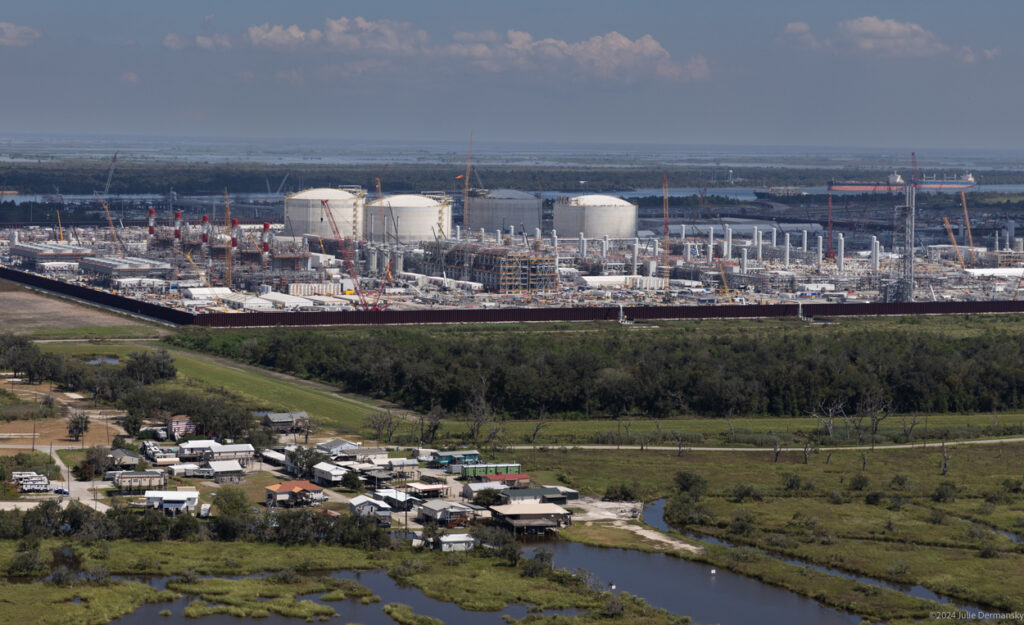The Global Climate Change Security Oversight bill, tabled jointly by Illinois Democrat Richard Durbin and Chuck Hagel, Republican from Nebraska, calls for a strategic estimate of risks due to climate change for countries or regions of particular economic or military significance to the United States.
The bill would require a National Intelligence Estimate of security threats due to climate change. These estimates distill the best information and thinking of the 16 U.S. intelligence agencies into a series of key judgments about national security threats and other issues. The legislation would assess political, social, agricultural, and economic challenges and impacts for countries over the next 30 years.
It also funds additional research by the Department of Defense to examine the impact of climate change on military operations.
Subscribe to our newsletter
Stay up to date with DeSmog news and alerts






